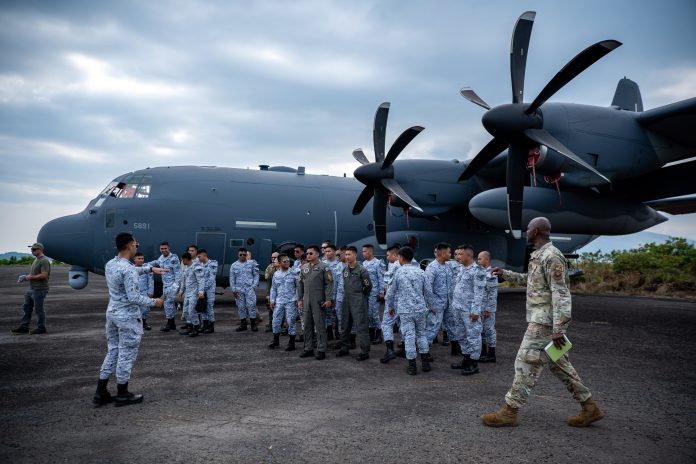An independent think tank accused the United States of using its extensive network of overseas military bases for global dominance rather than for defense purposes.
“The [United States] has long used its worldwide military might and interventions to ensure its domination and to aggressively expand in its hegemonic self-interest,” said IBON Foundation on May 27.
IBON highlighted that the US maintains 742 military bases in 82 different countries and territories, far surpassing any other nation’s foreign military presence.
The foundation noted that the US has a total of 226,762 civil-military personnel stationed in 176 countries and territories, alongside 2.6 million military personnel on domestic soil.
This massive global presence, according to IBON, is indicative of the US’s strategy to ensure global dominance and hegemony rather than merely defending its national interests.
Comparatively, the presence of Russia and China is significantly lesser and primarily focused around their immediate geographical areas.
Russia reportedly operates 52 bases in 12 countries including Armenia, Belarus, and Syria, while China maintains 29 facilities, with a concentration in the South China Sea and individual bases in countries like Djibouti and Cambodia.
The statement from IBON comes amid increasing tensions in the West Philippine Sea, where the geopolitical activities of major powers, notably the US and China, are a growing concern.
“As tensions heighten in the West Philippine Sea, Filipinos need to be critical not only of China but also of US involvement and its fundamental militarist agenda in the region,” the statement read.
IBON criticized the US for utilizing its military might to aggressively expand its influence and uphold its hegemonic interests, often compromising the sovereignty and well-being of other nations such as the Philippines.









